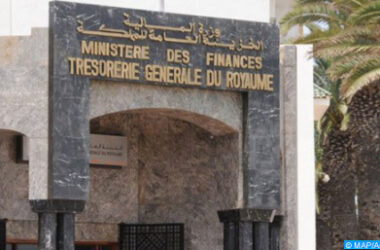At this meeting, held under the theme “support diversity and pave the way for climate action”, speakers highlighted the various aspects that have forged the reputation of Morocco in energy transition, as well as the actions that the Kingdom continues to multiply, to promote the development of this promising sector.
The Executive Chairman of Green Innov Industry Investment Gi3, Badr Ikken, noted that Morocco has a great experience in renewable energy, in addition to its geographical proximity to the global market, and its close relationship with major players in the global economy and energy sector.
According to the head of this Holding dedicated to investment and development of innovative green industries in Morocco, the Moroccan model in this area draws its strength from the royal vision, which has led to the development of a sustainable and proactive energy strategy, with the objectives of diversifying the energy mix, consolidating the integration of the energy network at the regional level and establishing energy efficiency as a national priority.
Focusing on hydrogen in particular, the expert, who spoke at a panel on “climate change”, stressed that this energy vector will allow Morocco, in the medium term, to decarbonize the industrial sector, insofar as there is significant capacity in this area that will develop the industry to be more competitive and more sustainable.
Regarding the opportunities available to Swedish investors in clean energy in Morocco, Ikken noted that the new National Investment Charter makes Morocco today one of the most “attractive” investment destinations, especially in the industrial sector of energy, aerospace, health, defense and many other sectors.
For his part, Salim Belyazid, Professor of Environmental Management at Stockholm University, stressed that Morocco has developed ambitious programs to exploit more systematically renewable energy sources, as part of state plans to reduce the country’s dependence on fossil fuels imported from international markets.
After recalling that hydrogen is used today in the industrial sector, including the chemical and mineral industry and can play, tomorrow as a new source of energy, a major role, especially in transport, gas and electricity, Belyazid highlighted the opportunities for cooperation between Sweden and Morocco in this area.










